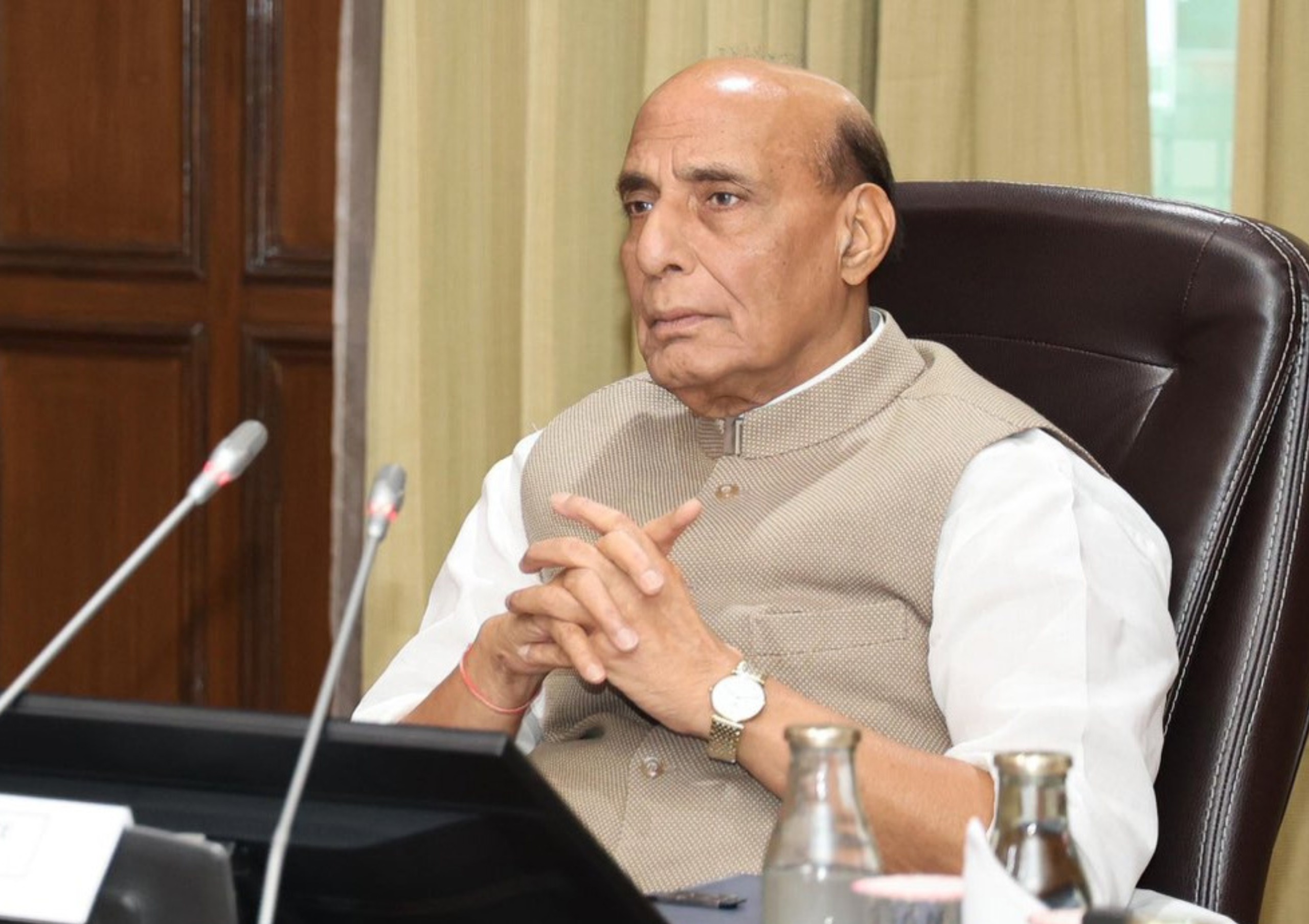
New Delhi: Defence Minister Rajnath Singh credited the success of Operation Sindoor to effective logistics management by the armed forces and related agencies. He called this management a key factor in the mission’s execution. Speaking at the convocation ceremony of Gati Shakti Vishwavidyalaya (GSV) in Vadodara, the Minister highlighted the important role strategic logistics plays in modern warfare and national preparedness.
“In today’s era, wars are not won by guns and bullets alone, but by their timely delivery. Operation Sindoor stands as a prime example of how logistical excellence turns intent into impact,” said Singh. He spoke to students and faculty virtually, emphasizing how coordination, quick mobilization, and precise delivery shaped the operation’s outcome.
He stressed that logistics should not be seen just as a supply chain function, but as a strategic asset that determines national capability in times of crisis, whether during war, disaster, or pandemic. “Power lies not just in weapons, but in how efficiently and quickly resources are moved. A strong logistics chain makes a nation stable, secure, and capable,” he stated.
Rajnath Singh also pointed out the vital role logistics played during the COVID-19 pandemic when millions of vaccine doses, oxygen cylinders, and medical teams were quickly deployed across the country. He noted that logistics is essential for economic growth, linking every step from production to consumption.
Highlighting the government’s comprehensive approach to infrastructure development over the past 11 years, Singh said initiatives like the PM GatiShakti National Master Plan are changing India’s logistics and connectivity landscape. He outlined how seven development pillars—railways, roads, ports, waterways, airports, mass transport, and logistics infrastructure—are laying a strong foundation for India's economic future.
“GatiShakti is not just a scheme—it is a vision. It uses advanced technology and data-driven planning to make Indian infrastructure future-ready,” the Minister said.
He also discussed the National Logistics Policy, which aims to create a cost-effective, tech-enabled logistics network that lowers the current logistics cost of 13-14% to globally competitive levels. “Reducing logistics cost will boost India’s product competitiveness and encourage business growth across sectors,” he added.
Appreciating GSV’s role in developing specialized talent, Singh stated, “GSV is not just an educational institution—it’s a mission. The youth here are providing ‘shakti’ (strength) with their ‘gati’ (speed), driving India’s logistical transformation.”
He encouraged students to become innovators and problem-solvers instead of just job seekers. “To become a developed nation by 2047, India needs smart logistics systems. Development is impossible unless goods, services, and people move quickly and efficiently,” he said.
Established in 2022 under the Ministry of Railways, GSV is India’s first university focused on logistics and transport education. Railway Minister Ashwini Vaishnaw, who serves as its first Chancellor, attended the event along with Vadodara MP Dr. Hemang Joshi and Vice-Chancellor Prof. Manoj Choudhary.